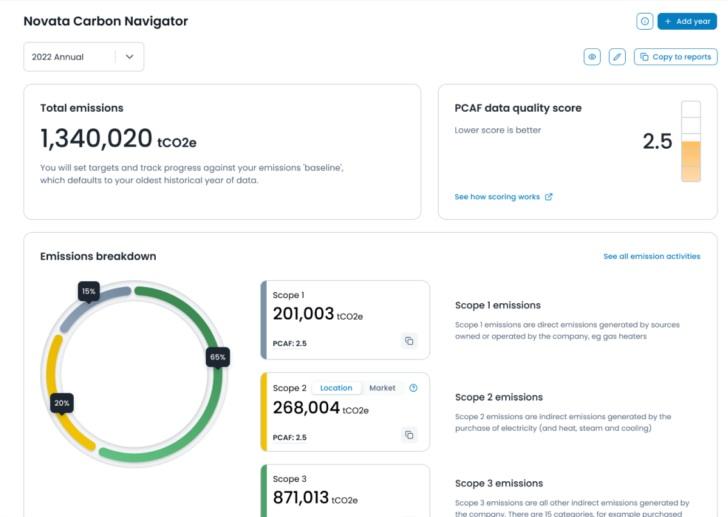KPMG Backs GRI on Development of Biodiversity Reporting Standard
The Global Reporting Initiative (GRI) announced today that it has received backing from a series of companies and organizations for the development of an updated and revised biodiversity standard for sustainability reporting. Supporters of the standard include professional services firm KPMG, environmental services company Ambipar and philanthropic organization One Earth, along with a private individual donation.
Wim Bartels, Global Co-Head, KPMG IMPACT Measurement, Assurance & Reporting, said:
“Biodiversity loss is one of the biggest ESG challenges both for the planet and society at large and it can only be prevented if we all push for urgent and necessary changes. Companies must now demonstrate how they serve society alongside creating long-term value for shareholders. Good ESG reporting equates to good financial reporting and KPMG supports impact-focused global standards. We are therefore delighted to support GRI on the development of its latest Biodiversity Standard.”
The GRI’s Sustainability Reporting Standards are the most commonly accepted global standards for sustainability reporting by companies, developed to enable consistent reporting across companies and industries, providing clearer communication to stakeholders regarding sustainability matters. The standards are available for reporting across a wide range of ESG-related topics, ranging from anti-corruption practices to biodiversity and emissions.
Funding for the revised standard forms a special project under the GRI’s Global Standards Fund, which enables the continued independent and multi-stakeholder development of the standards, as well as advocacy to drive uptake of the standards, along with further development of sector-specific sustainability reporting standards.
According to GRI, at least 2,000 organizations use the initiative’s current Biodiversity Standard. With the revised standard, the GRI aims to reach more organizations in order to enable them to address their role in biodiversity, and to help meet stakeholder expectations for transparency.
Marco van der Ree, GRI Chief Development Officer, said:
“From damaging rural economies, the health of our oceans, to reducing the availability of raw materials, not only does the planet suffer due to biodiversity loss but organizations are financially affected in many ways. Indeed, recent research by Swiss-Re found 55% of our global GDP depends on well-functioning ecosystems. Therefore, the incentive for companies to contribute towards global solutions has never been greater. Understanding their impacts is step one towards that goal.
“GRI is committed to providing the global common language for sustainability reporting, as a catalyst for change. The Global Sustainability Standards Board regularly reviews and update the Standards, so they reflect the leading global practice to report on critical sustainability impacts. I am thankful to the four initial funders for contributing to a new Biodiversity Standard, which will illuminate the urgent challenges we face.”





